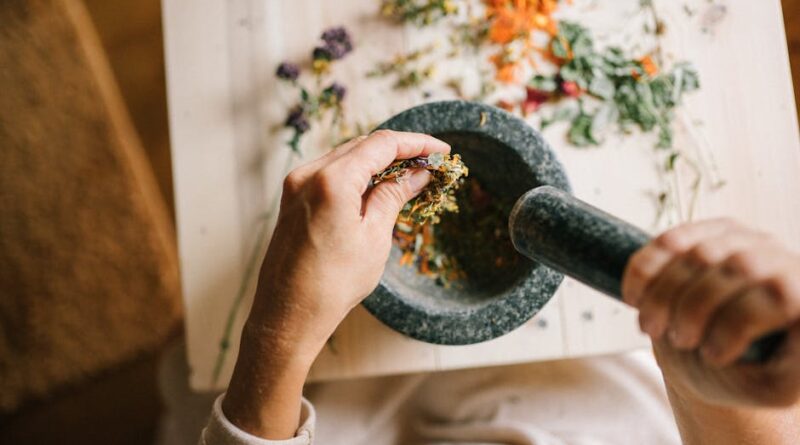Cholesterol-Reducing Herbs and Spices to Use
Did you know that your kitchen could hold the key to lowering your cholesterol? Many herbs and spices can help maintain healthy levels, making them a delicious way to support your heart health. In this article, we’ll explore various cholesterol-reducing herbs and spices, how they work, and easy ways to include them in your meals.
What Is Cholesterol, and Why Should You Care?
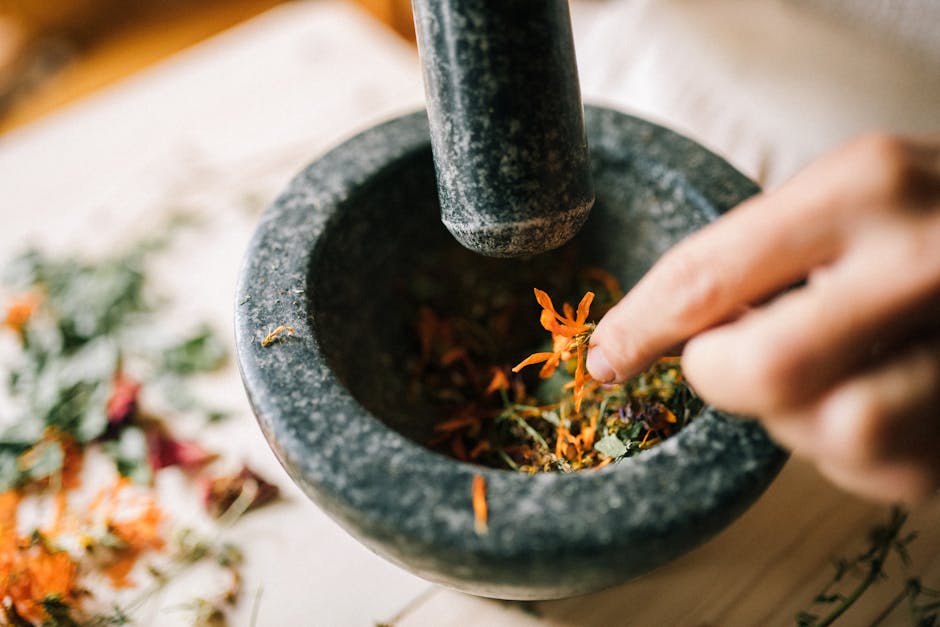
Cholesterol is a waxy substance found in your blood. Your body needs it to build cells, but too much can lead to heart disease. There are two types: LDL, or “bad” cholesterol, and HDL, the “good” kind. Balancing these is crucial for good health.
According to the American Heart Association, over 100 million Americans have high cholesterol. This can increase the risk of heart attacks and strokes. But the good news? Making simple dietary changes can help.
How Can Herbs and Spices Help Lower Cholesterol?
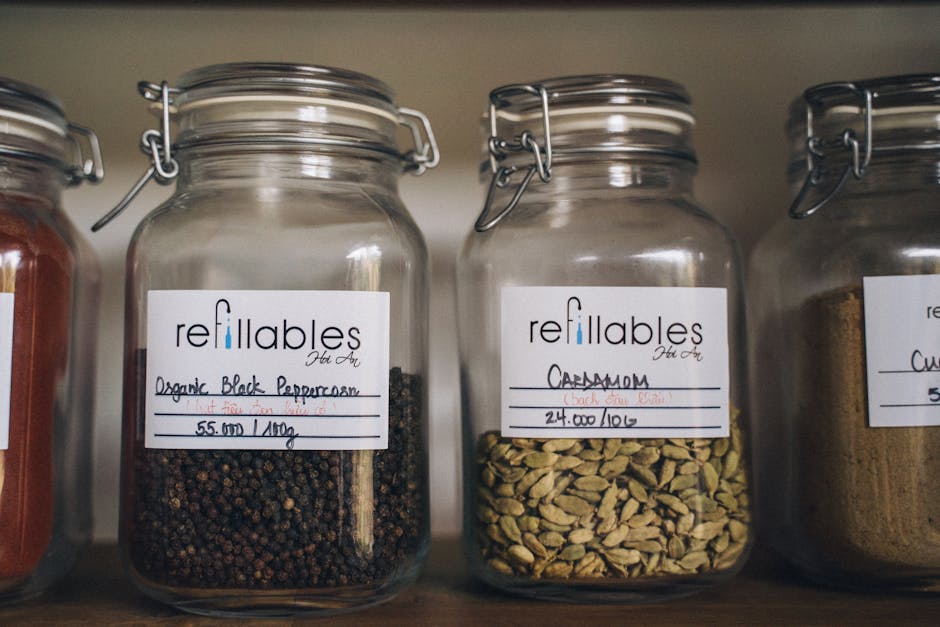
Herbs and spices have natural properties that can assist in lowering cholesterol levels. They often contain antioxidants and anti-inflammatory compounds, which can improve heart health. Using them in your cooking not only enhances flavor but also provides health benefits.
Lets dive into some of the most effective herbs and spices for cutting cholesterol.
Which Herbs Are Best for Reducing Cholesterol?
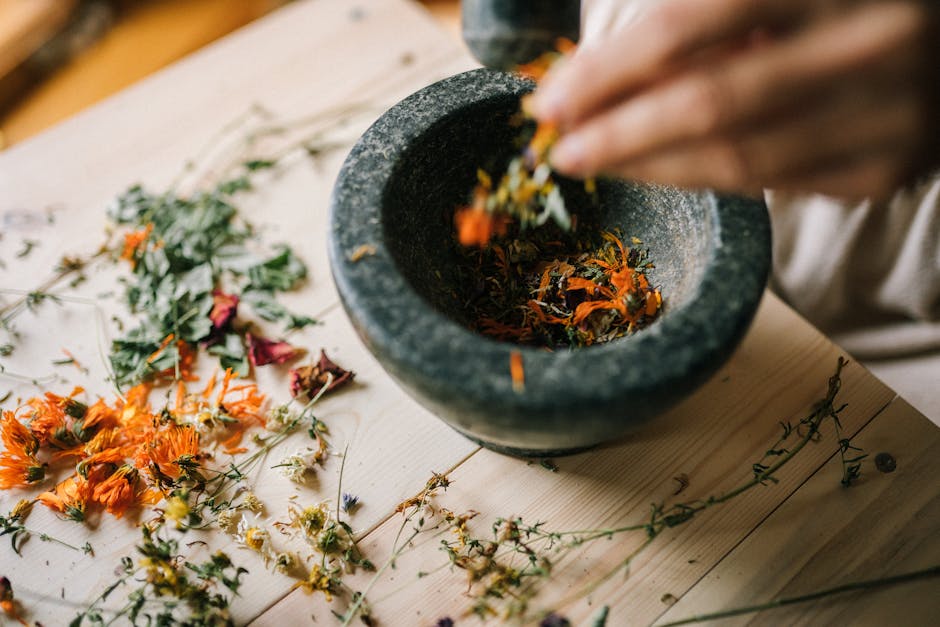
Here are some top herbs that can help you keep your cholesterol in check:
- Garlic: Known for it’s strong flavor, garlic also helps lower LDL cholesterol levels. It contains allicin, which can help reduce cholesterol absorption.
- Turmeric: This golden spice contains curcumin, an anti-inflammatory compound. It can improve cholesterol levels by increasing HDL cholesterol.
- Ginger: Ginger can reduce cholesterol levels and improve overall heart health. It helps lower LDL cholesterol and triglycerides.
- Cilantro: This fresh herb can help detoxify your body and lower cholesterol. It’s easy to add to salads or salsas.
What Spices Can Help Lower Cholesterol?
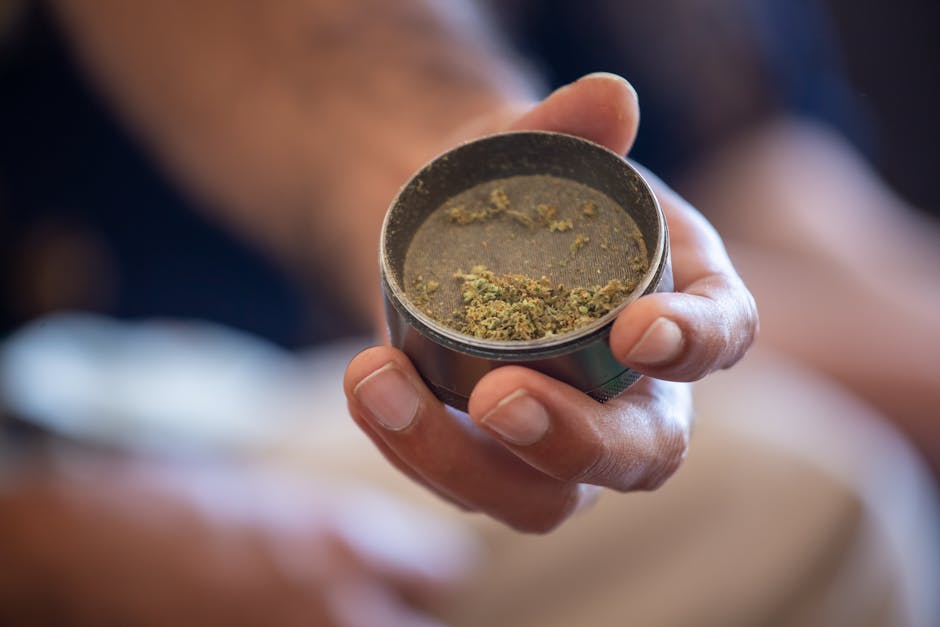
In addition to herbs, several spices can also support your heart health:
- Cinnamon: A popular spice, cinnamon can lower cholesterol and triglyceride levels. Just half a teaspoon a day can make a difference.
- Cardamom: This fragrant spice may help lower cholesterol levels and has antioxidant properties.
- Fenugreek: Fenugreek seeds can help manage cholesterol and blood sugar levels. They have a slightly sweet, nutty flavor.
How Can You Use These Herbs and Spices in Your Cooking?
Incorporating herbs and spices into your meals is easy. Here are some simple ideas:
- Add garlic: Toss minced garlic into stir-fries, pasta dishes, or roasted vegetables for flavor and health benefits.
- Spice it up with turmeric: Add turmeric to soups, curries, or smoothies for a vibrant color and health boost.
- Mix in ginger: Use fresh ginger in stir-fries, marinades, or teas for a zesty kick.
- Season with cinnamon: Sprinkle cinnamon on oatmeal, yogurt, or in smoothies for a sweet touch.
Are There Any Risks or Considerations?
While herbs and spices are generally safe, some people may experience allergic reactions or digestive issues. Always consult a healthcare professional if you have concerns, especially if you are on medication. For example, garlic can interact with blood thinners, so talk to your doctor first.
it’s also important to remember that herbs and spices should complement a balanced diet. They work best when combined with other healthy habits, like regular exercise and a diet low in saturated fats.
What Does Research Say About Herbs and Cholesterol?
Studies show that many herbs and spices can positively impact cholesterol levels. For instance, a study published in the Journal of Nutrition found that garlic supplements significantly reduced LDL levels in participants.
Similarly, research in Phytotherapy Research highlighted that turmeric could improve cholesterol profiles in people with high cholesterol. These findings support the idea that including these ingredients in your diet can be beneficial.
Conclusion: Easy Ways to Boost Your Heart Health
Reducing cholesterol doesn’t have to be a chore. By using flavorful herbs and spices, you can enhance your meals while taking care of your heart. Heres a quick recap of the key points:
- Garlic, turmeric, ginger, and cilantro can help lower cholesterol.
- Cinnamon, cardamom, and fenugreek also contribute to better heart health.
- Incorporate these ingredients into your daily cooking for the best results.
Remember, small changes can lead to big improvements. So next time you’re in the kitchen, don’t forget to grab those spices! For more information on healthy eating, visit the American Heart Association website.
By making conscious choices in your cooking, you can enjoy flavorful meals and support your heart health too!
